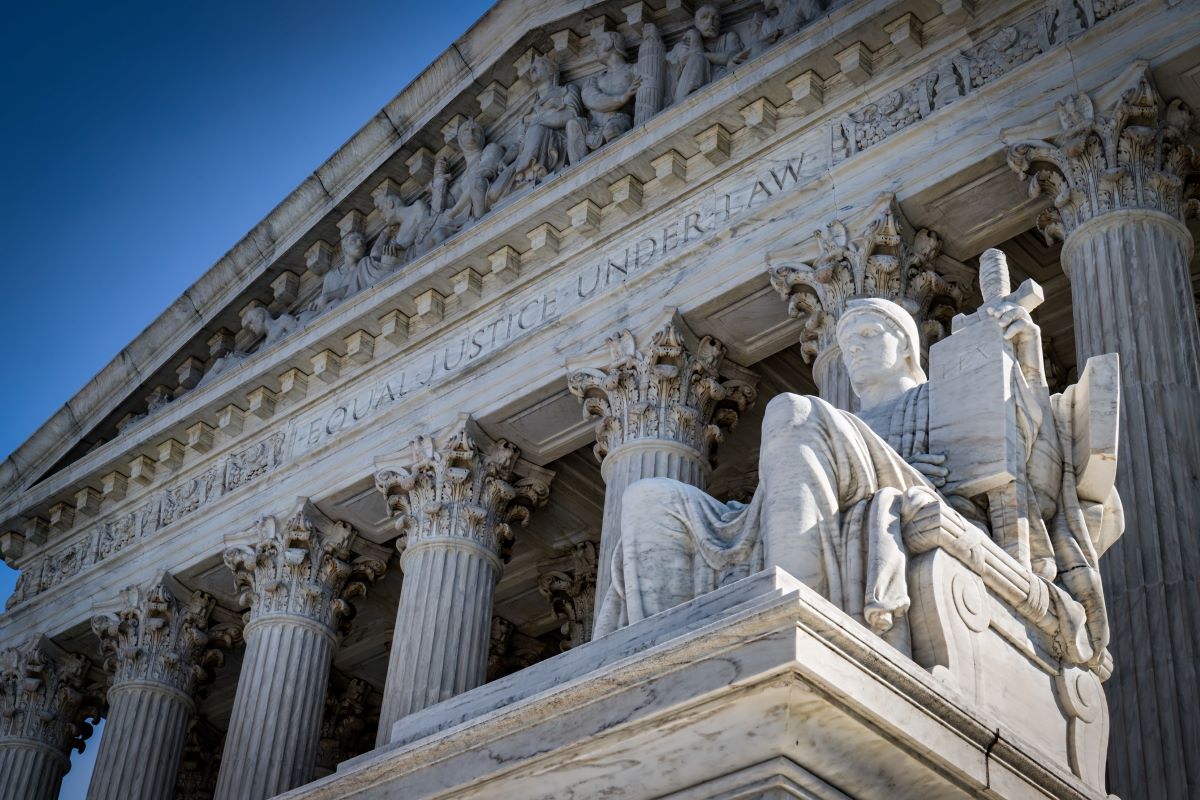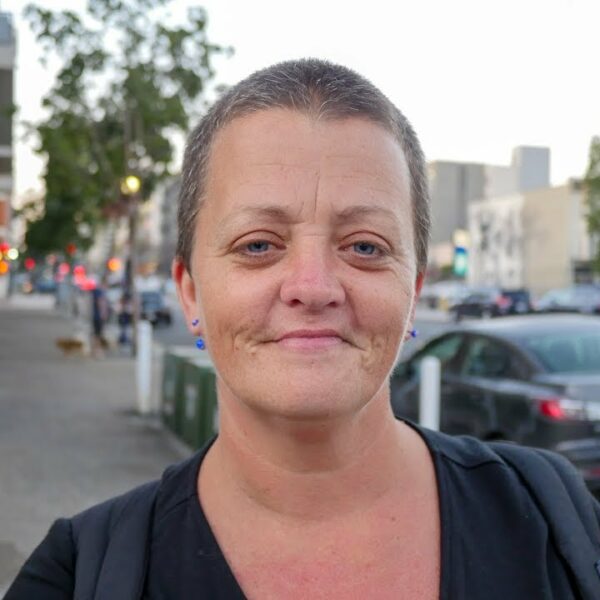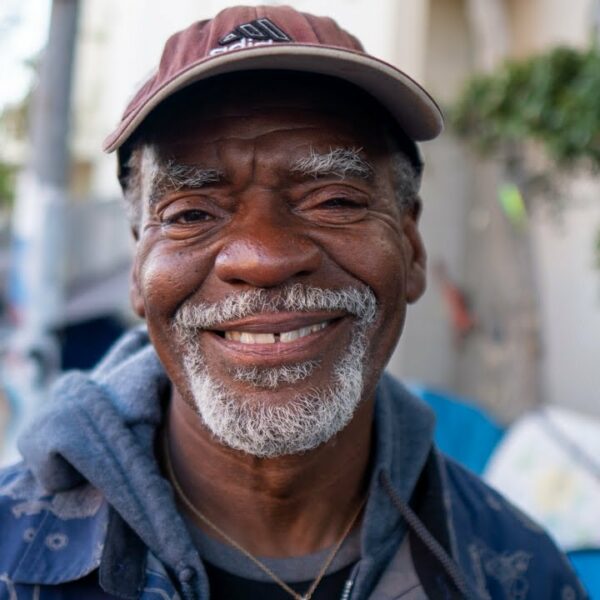Supreme Court to Decide Whether Cities Can Punish Homeless People for Sleeping Outside When There’s no Shelter
The United States Supreme Court decided to hear a challenge to a case that could rewrite the playbook many cities use to clear homeless encampments.
At its core, Johnson v. Grants Pass is a case that could decide whether it is legal for cities to punish homeless people with arrests or citations for sleeping outside when there is not enough adequate shelter space available.
In 2021, the 9th Circuit Court of Appeals held in a case known as Martin v. Boise that it violates the Eighth Amendment to punish homeless people when no shelter is available. The ruling was appealed to the Supreme Court in 2022, and the body declined to hear the case.
Advocates say the court’s decision to hear the Grants Pass case is the most consequential decision the court has made regarding the treatment of homeless people in more than 40 years.
“Contrary to the statements of those who believe cities can arrest and ticket their way out of homelessness, this case does not limit communities’ response to addressing homelessness,” said Jesse Rabinowitz, communications director for the National Homelessness Law Center.
“Cities remain free to use any of the many evidence-based approaches that end homelessness, like housing. All this case says is that, unless everybody has access to shelter that meets their needs, they cannot be arrested, ticketed, or otherwise punished for sleeping outside,” he continued.
Petitioners in Grants Pass asked the 9th Circuit to review their decision in Martin v. Boise because they said that it “tied their hand” when it came to sending police to clear homeless encampments.
The court declined to hear the case, although it said the city can still limit where people can camp and how many people can live in an encampment. The decision not to rehear the case seemed to irk the court’s conservative justices, each of whom submitted a dissent to the order.
Circuit Judge Daniel Collins, nominated by former President Donald Trump in 2018, wrote that the court’s decision was “egregiously wrong” and questioned whether Martin v. Boise remains “good law” today.
Judge Milan Smith Jr., who President George W. Bush appointed, described homelessness as the defining issue of our time in his dissent. He also said the government had “shirked its most basic responsibilities” to protect the public and ensure that public spaces “remain open to all.”
“One-time public spaces like parks — many of which provide scarce outdoor space in dense, working-class neighborhoods — are filled with thousands of tents and makeshift structures and are no longer welcoming to the broader community,” Smith wrote.
Advocates with Ktown For All, a nonprofit service organization in Los Angeles, say that if Martin v. Boise is overturned, then unhoused people will “lose crucial legal protection against unjust punishments based on their housing status.”
It will be easier and cheaper for cities to punish the poor as a means to drive people out,” the organization said in a post on X, the social media site formerly known as Twitter.
The case is also scheduled to be heard at a time when homelessness is growing in cities across the country.
The last federal snapshot count found more than 653,000 people experiencing homelessness on one night in January 2023, which is the highest number of people ever counted.
“Homelessness is growing not because cities lack ways to punish people for being poor, but because a growing number of hard-working Americans are struggling to pay rent and make ends meet,” Rabinowitz said.
“Grants Pass, Oregon, like many cities in America, is thousands of housing units short of what is needed,” NHLC continued. “The lack of housing and resulting homelessness will not be solved by putting more people in jail or issuing more fines. The solution to homelessness is safe, decent, and affordable housing for everybody.”
How You Can Help Fight Anti-Homeless Legislation
In the face of a rising tide of anti-homeless legislation, we are engaged in a critical battle against misinformation and the criminalization of homelessness.
Across the nation, anti-homeless laws are advancing through legislative committees, propelled by secret votes, corporate funding, out-of-state lobbyists, and conservative think tanks like the Cicero Institute.
The pandemic proved that we need to rethink housing in the United States. It also showed that many programs designed to address homelessness are rooted in law enforcement rather than social services.
At this pivotal moment, we must make the truth louder than ever. Tell your representatives you support revamping how your city addresses homelessness. Handcuffs do not get anyone closer to stable housing. Instead, we must focus on compassionate solutions, the first step to ending homelessness.













